Associated Press
Less than two weeks after terms of a multibillion-dollar college sports settlement went into effect, friction erupted over the definition of a “valid business purpose” that collectives making name, image and likeness payments to players are supposed to have.
The new College Sports Commission sent a letter to athletic directors last week saying it was rejecting deals in which players were receiving money from collectives that were created solely to pay them and don’t provide goods or services to the general public for profit.
A lead attorney for the players responded by saying those instructions went against settlement terms and asking the CSC to rescind the guidance.
“This process is undermined when the CSC goes off the reservation and issues directions to the schools that are not consistent with the Settlement Agreement terms,” attorney Jeffrey Kessler wrote to NCAA outside counsel Rakesh Kilaru in a letter obtained by The Associated Press.
Yahoo Sports first reported details of the letter, in which Kessler threatens to take the issue to a judge assigned with resolving disputes involved in the settlement.
Kessler told the AP that his firm was not commenting on the contents of the letter, and Kilaru did not immediately respond to the AP’s request for comment.
Yahoo quoted a CSC spokesman as saying the parties are working to resolve differences and that “the guidance issued by the College Sports Commission … is entirely consistent with the House settlement and the rules that have been agreed upon with class counsel.”
When NIL payments became allowed in 2021, boosters formed so-called collectives that were closely tied to universities to work out contracts with the players, who still weren’t allowed to be paid directly by the schools.
Terms of the House settlement allow schools to make the payments now but keep the idea of outside payments from collectives, which have to be approved by the CSC if they are worth $600 or more.
The CSC, in its letter last week, explained that if a collective reaches a deal, for instance, for an athlete to appear on behalf of the collective, which charges an admission fee, that collective does not have a “valid business purpose” because the purpose of the event is to raise money to pay athletes, not to provide goods or services available to the general public for profit.
Another example of a disallowed deal was one an athlete makes to sell merchandise to raise money to pay that player because, the CSC guidance said, the purpose of “selling merchandise is to raise money to pay that student-athlete and potentially other student-athletes at a particular school or schools, which is not a valid business purpose.”
Kessler’s letter notes that the “valid business purpose” rule was designed to ensure athletes were not simply being paid to play, and did not prohibit NIL collectives from paying athletes for the type of deals described above.
To prevent those payments “would be to create a new prohibition on payments by a NIL collective that is not provided for or contemplated by the Settlement Agreement, causing injury to the class members who should be free to receive those payments,” Kessler wrote.
___
AP college sports: https://apnews.com/hub/college-sports
recommended




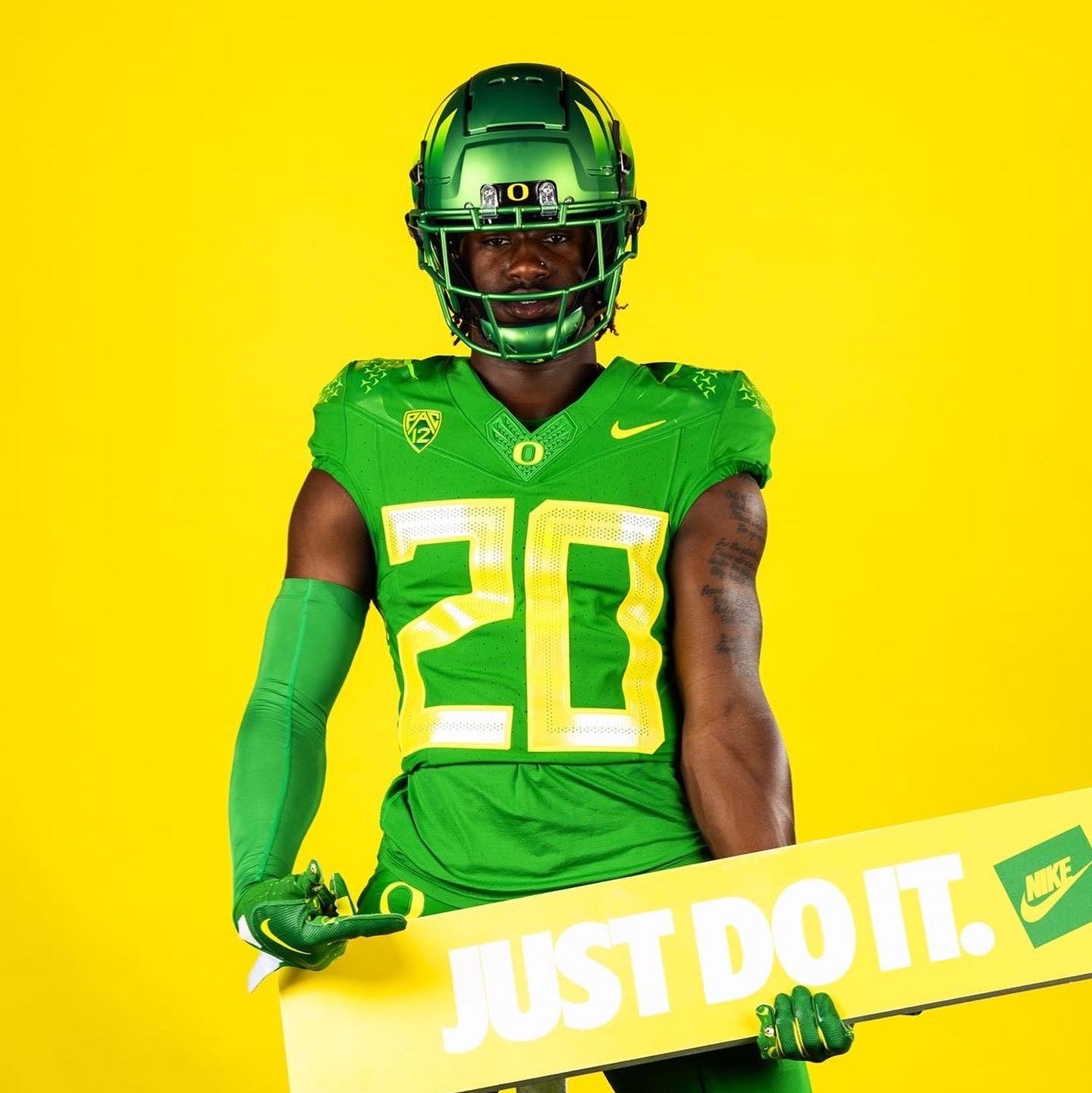
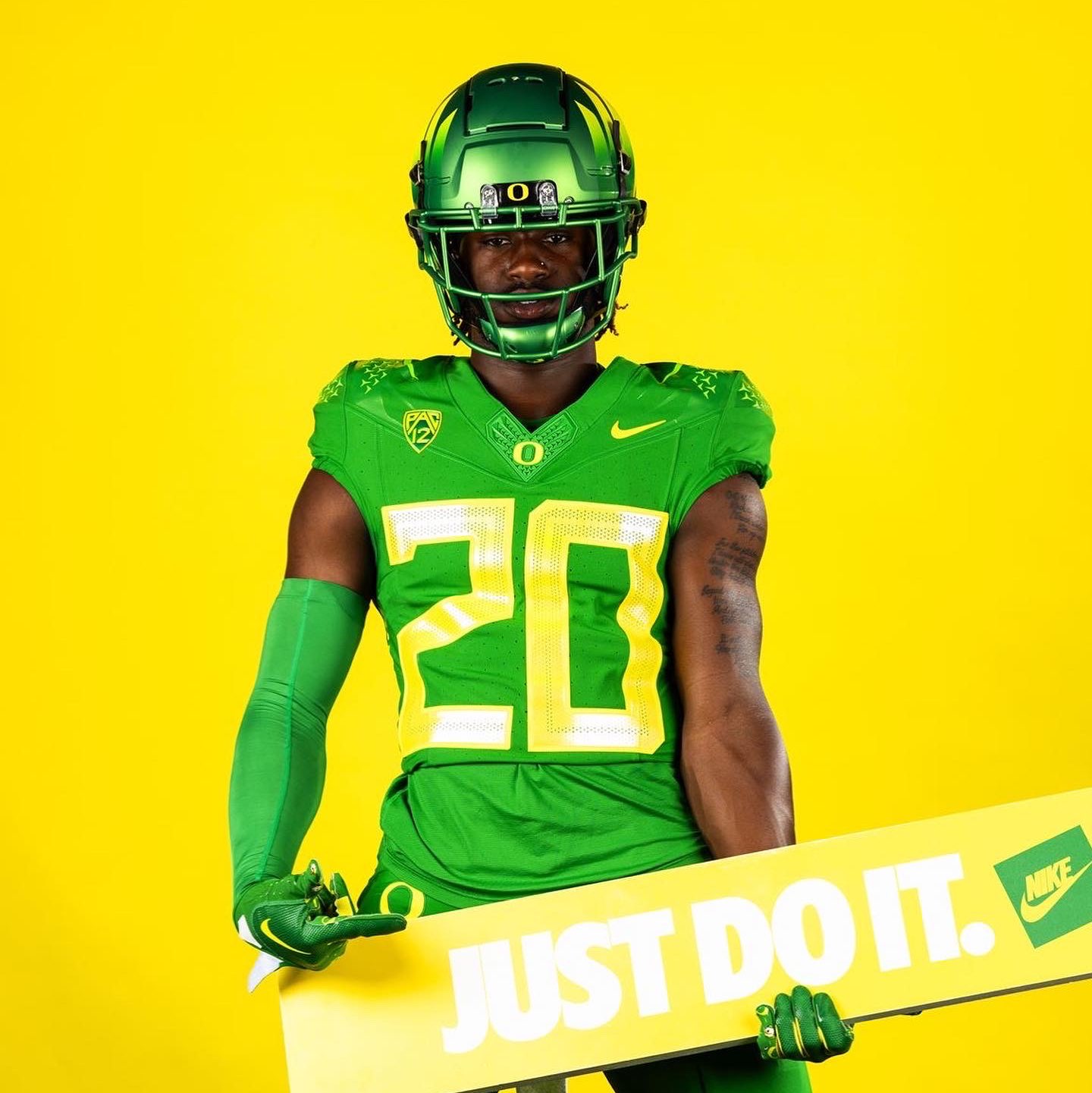
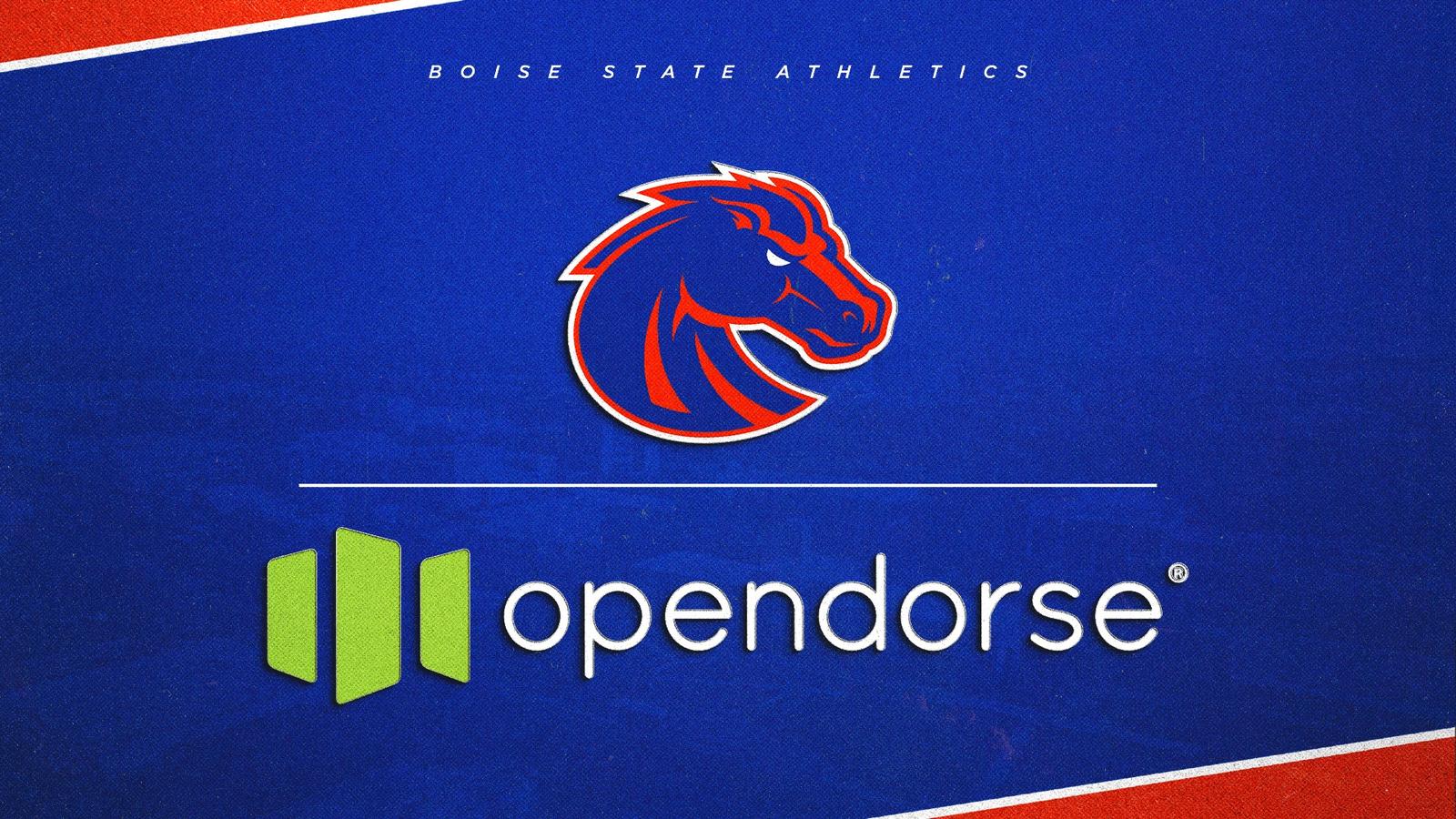

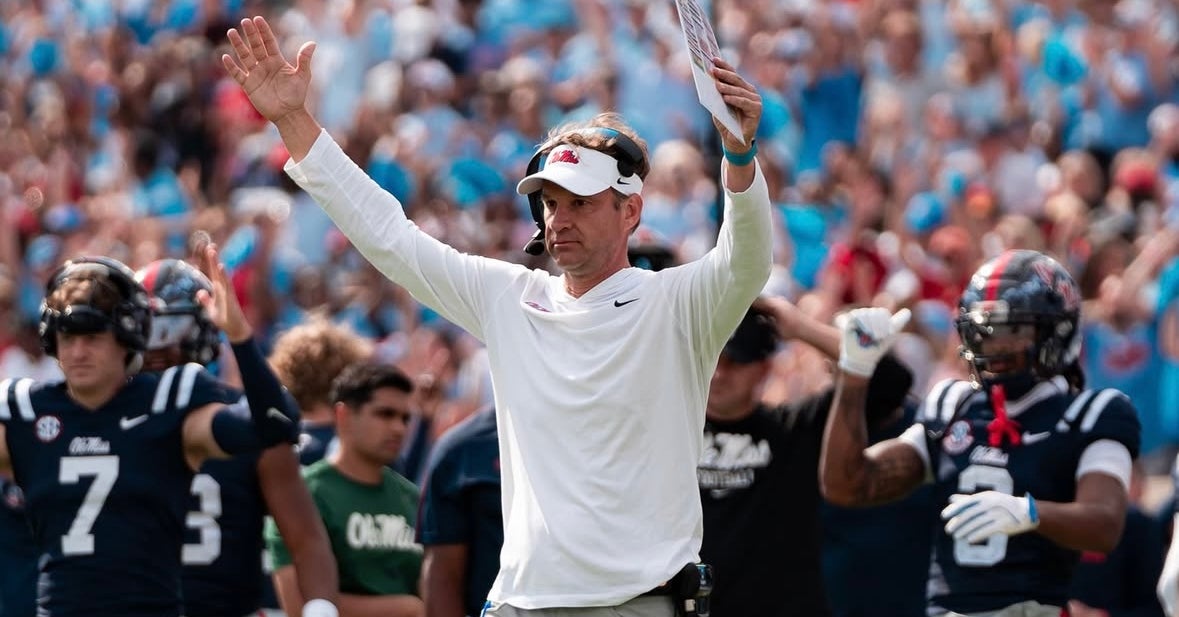




 ‘I’ve NEVER seen a WNBA player do this’
‘I’ve NEVER seen a WNBA player do this’  | SportsCenter
| SportsCenter




































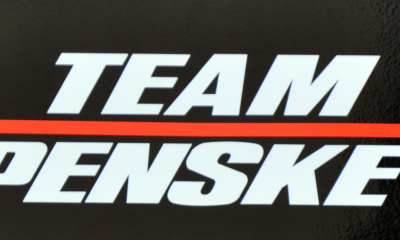









 BREAKING: NBA MVP Shai Gilgeous-Alexander signs the RICHEST annual salary in league history
BREAKING: NBA MVP Shai Gilgeous-Alexander signs the RICHEST annual salary in league history